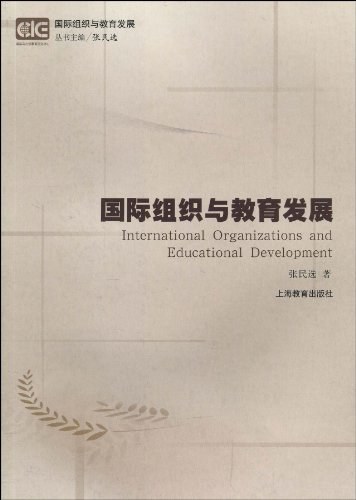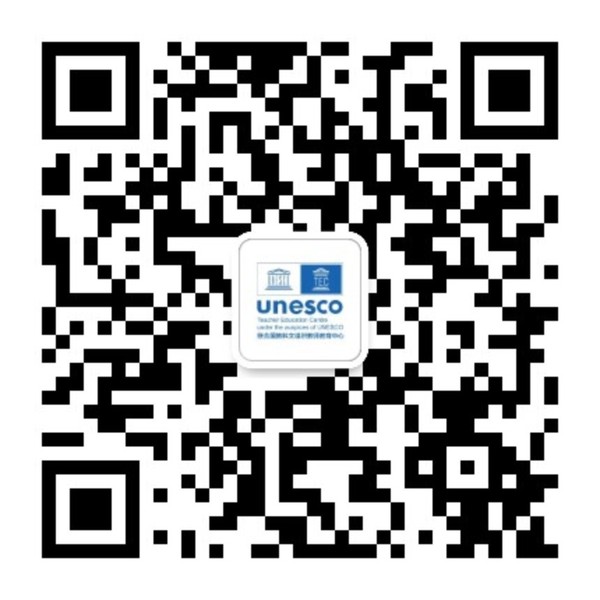
Author: ZHANG Minxuan
The book is structured around a "theoretical framework + core cases" approach. It first constructs an analytical model of "policy input — local adaptation — global feedback," clarifying that international organizations possess a dual nature: they both supply public goods and engage in geopolitical interest games. The book focuses on analyzing key institutions such as the United Nations Educational, Scientific and Cultural Organization (UNESCO), the Organisation for Economic Co-operation and Development (OECD), and the World Bank: UNESCO promotes "Education for All" based on humanism, the OECD reshapes global education quality standards through PISA, while the World Bank drives education reforms in recipient countries via funded projects.
A dedicated section sorts out the course of China’s interactions with international organizations — from restoring its legitimate seat at UNESCO to taking a leading role in establishing the UNESCO International Centre for Teacher Education — demonstrating China’s transformation from a policy recipient to a rule-maker. The successful experience of Shanghai’s PISA participation has been transformed into a "China Solution" through international exchanges, serving as the core empirical case of the book.
Supported by practical experience, this book provides a key theoretical tool for understanding educational internationalization and offers decision-making references for China’s participation in global education governance.




